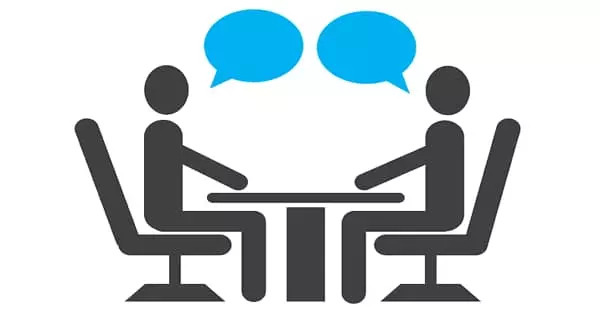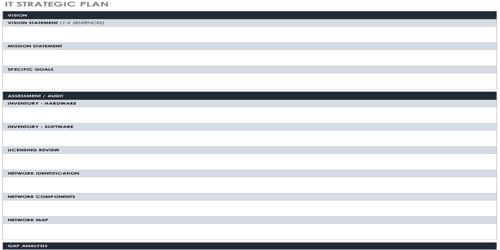Remember that during the interview process, candidates are deciding whether or not they want to work for you, just as you are deciding whether or not to hire them. You only have about an hour to make a good impression on the candidate and learn everything you need to know about their skills, experience, and personality.
You should go into every interview expecting to be offered a job. While interviewing isn’t always easy, whether, in person or online, there are a few things you can do to increase your chances of getting a call back and, ultimately, landing an offer.
Interview Techniques for Interviewer –
(1) Screening: Before you begin the job interview, it’s critical that you know what you’re looking for in a candidate. More than a well-written job description is required. When there are a large number of applications for a job, the respective business concern eliminates unsuitable candidates. Then, through a preliminary interview, some more candidates are eliminated. Only a few candidates who perform exceptionally well are invited to the final interview.
(2) Appearance at Random: Some interviewers believe that the man is more important than the application. They want to judge the man based on his personal appearance rather than his application. As a result, they invite each applicant to an interview in order to select a brilliant candidate.
(3) Know what questions to ask: When conducting a job interview, it is critical that you prepare a list of questions. It is also critical to have a good mix of question types. Include competency questions to determine how the interviewee will approach the role. Character questions determine how well a candidate will fit into your team. Inquiring about your interviewee’s career goals allows you to learn what motivates them. Remember to ask open questions – those that can’t be answered yes or no – to elicit more information from the candidate.
(4) Exams: A large number of firms value the oral or written test to assess the candidate’s intelligence, general knowledge, language proficiency, and so on. Candidates who pass these tests are invited to the final interview.
(5) Experience: Some employers believe that hands-on experience is more important than academic credentials. As a result, they prioritize experienced hands over recent graduates. This is a bad policy because it excludes newcomers who could be brilliant, enthusiastic, and committed.
(6) Under stress interview: If the job is stressful, the employer employs a technique to assess the applicant’s ability, e.g., to determine whether he can retain himself in a stressful situation. This type of interview is useful for selecting candidates for positions that require a high level of patience and temperament.
(7) Make it a conversation: A job interview can be both informative and enjoyable for both the interviewer and the interviewee. Put your interviewee at ease at the start of the session to help them get the most out of it. Conversational questions will help you get to know the candidate and encourage them to speak freely before moving on to more difficult interview questions.
















